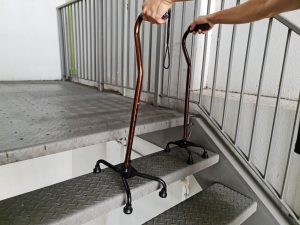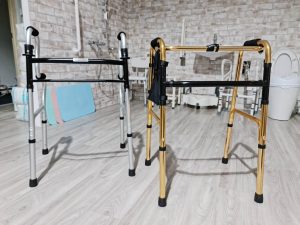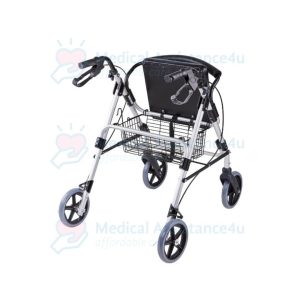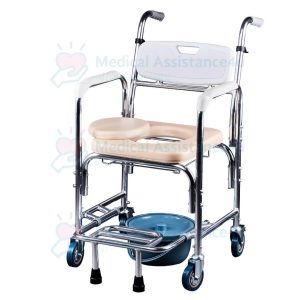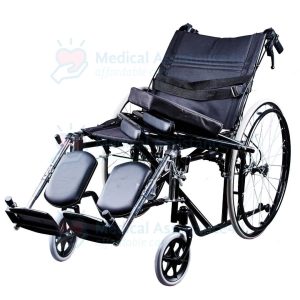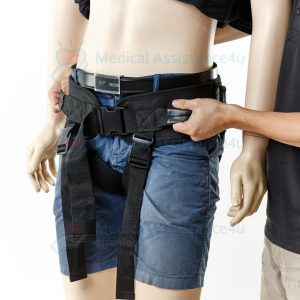10 Tools & Care Options to use MediSave Payouts for
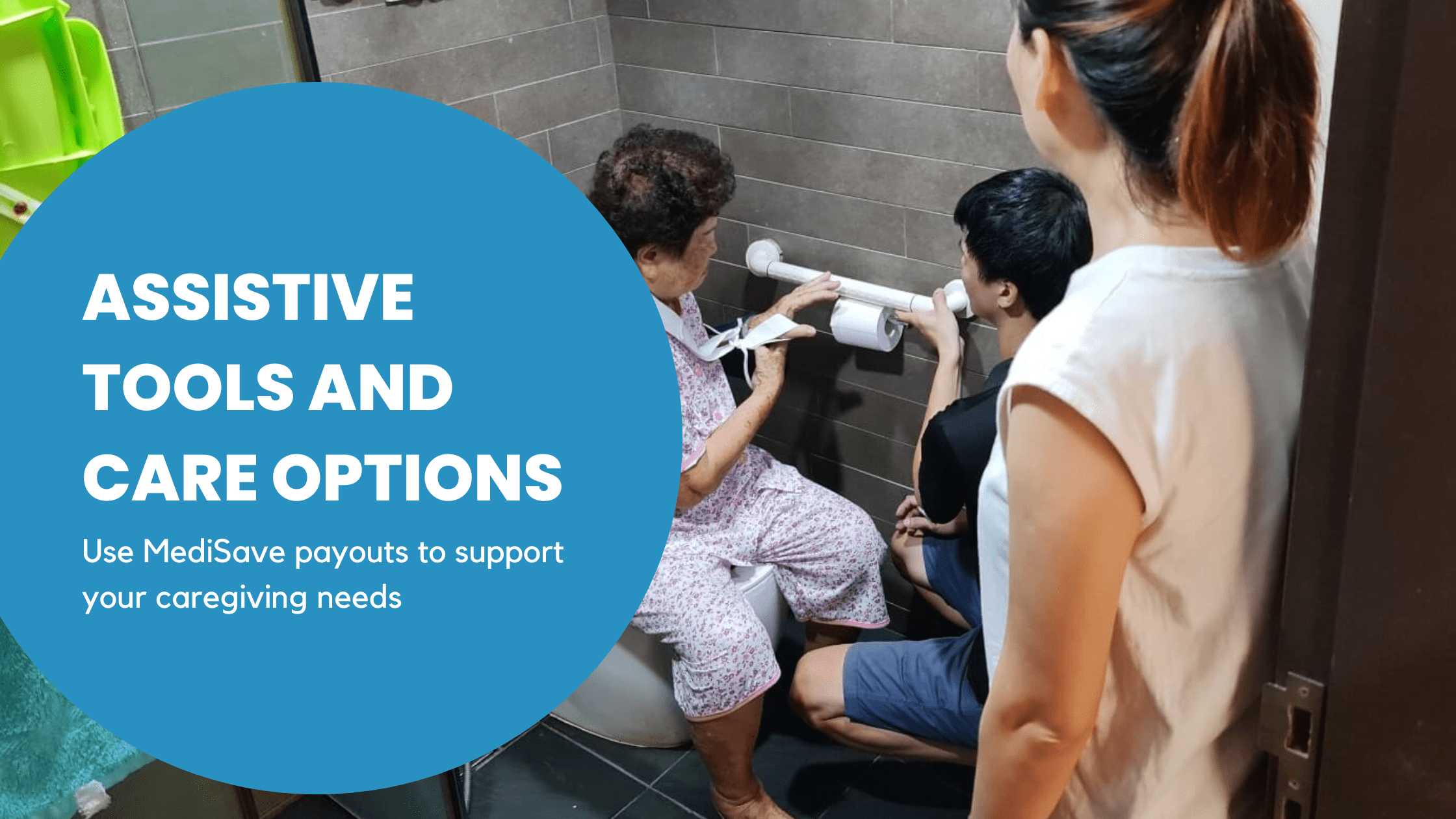
What is MediSave Care?
This is long-term care scheme allows Singapore Citizens or Permanent Residents aged 30 and above who are severely disabled to make monthly cash withdrawals of up to a total of $200 per month from their own and/or their spouse’s MediSave Accounts for their long-term care needs.
For more information about eligibility and application, visit the website here.
5 assistive tools for stroke sufferers and those with mobility issues
MediSave Payouts can be used to purchase assistive tools to improve the caregiving experience and provide better quality care for the elderly.
For the elderly who have suffered from stroke or have existing mobility issues, these 5 assistive tools are useful for daily living and caretaking.
1. Walking cane
Elderly who have suffered a stroke or have existing mobility issues may require additional support while walking.
Walking canes are specially made to provide safe support. Unlike the umbrellas, trollies and hiking sticks some elderly rely on, the structure and anti-slip base of a walking cane can safely support the weight of the elderly.
Medical Assistance4u has a range of walking sticks to choose from.
2. Walking frames and rollators
Besides walking canes, walking frames and rollators are another type of assistive tool that provide support while walking.
Walking frames and rollators are more stable than walking canes. With 4 main legs as the main frame and 2 parallel grab pads, users enjoy higher stability because of the wider base. The dual support walking frame is great for users who need to push themselves up from seated positions as it has a lower grip point.
It is important to understand your elderly’s needs and how to choose between a walking cane and walking frame.
3. Commode
Commodes help to create a safer toilet environment for elderly with mobility limitations.
They provide a safe and stable alternative to the toilet. The quick access provided by a commode chair also reduces seniors’ risk of falling and injuring themselves.
4. Wheelchair
Wheelchairs are key for elderly with mobility issues and have difficulty walking. Besides being used outside of the home, wheelchairs can also be used to aid in movement within the house.
It is important to understand how to choose the right wheelchair for your loved one’s specific needs. This article also provides good wheelchair options for the elderly.
At Medical Assistance4u, we cater to a variety of unique needs and provide a range of wheelchairs to choose from.
5. Transfer aids
Assistive tools to help safely transfer an elderly from point to point is crucial for the wellbeing of the caregiver and elderly.
This transfer belt can be used in many situations where an elderly needs to be lifted and transferred from one point to another. It can be used to transfer elderly in and out of wheelchairs, beds and cars – just to name a few.
Using MediSave for home care
Besides assistive tools, your MediSave withdrawals can also be used for a range of care services.
1. Personal care
This includes personal hygiene and continence management.
Under personal hygiene, the funds can be used to offset purchase of products and services that assist with activities of daily living (ADLs). This includes eating, bathing, getting dressed, toileting and transferring.
Continence management is also an ADL. Under this, the withdrawn funds can be used to support services pertaining to catheter/stoma care, skin care, incontinence laundry and bed changing.
2. Respite Care
These are short term, temporary care options that aim caregivers can tap on when they require a break or assistance. Respite care can include day care services at Senior Care Centres or stay-in services at Nursing Homes.
Find out more about respite care in Singapore here.
3. Check-in visits
Check-in visits can take the form of home visits by a staff from a social service agency. They offer support through therapy, personal hygiene care, medication reminders, housekeeping and training in daily living skills.
To equip caregivers with important elderly care skills, the nurses at Medical Assistance4u provide home visit services where they guide helpers on how to properly care for the elderly and their needs.
4. Night care
Night care or overnight care provides night time respite for caregivers of elderly who are at risk or require attentive care at night.
Elderly who have suffered strokes may develop or be at risk of developing dementia or Alzheimer’s disease. Those who have mobility issues may also require care at night or support when they need to visit the bathroom.
An overnight caregiver provides the care required and enables the main caregiver(s) to have a good night’s rest. This benefits both the caregiver and elderly – the caregiver is able to perform their caregiving to the best of abilities in the day and the elderly is well taken care of at night.
5. Post-surgery
Even after being discharged, post-surgery patients still require support with ADLs, wound care and pain management. Trips to the hospital for rehabilitation therapy and follow-up appointments are also to be expected. Post-surgery patients who are stroke survivors might require long-term care.
Engaging post-surgery care services ensures the patient is well cared for and avoids re-admittance into the hospital.
Post-surgery care includes:
- Personal care
- Home therapy
- Medical escort
- Nursing care
- Home medical
- Respite care
Find out more about post-surgery care here.
At Medical Assistance4u
Our team of medically trained staff at Medical Assistance4u can provide you with consultation services to assist you in finding the right assistive tool and medical equipment for you.
We also provide services like installation and repair services, relocation and disposal services for bulky medical equipment, home care services and transport for your wheelchair-bound loved ones.


